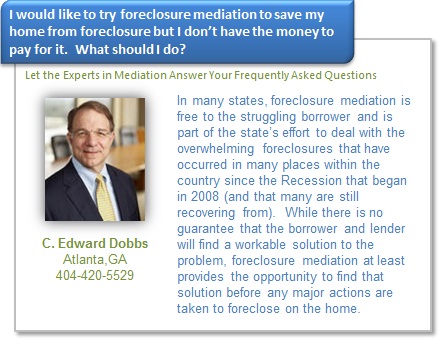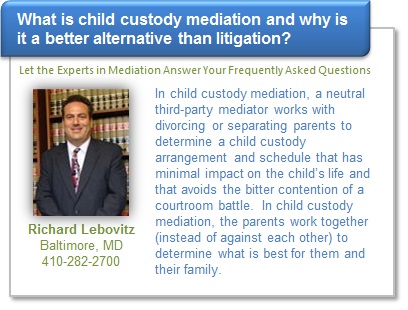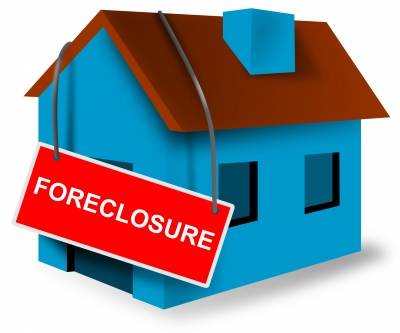 HOA reform has been an ongoing debate in many states, but last year, North Carolina took steps to make sure action followed words. In June of 2013, state lawmakers created a new measure and signed it into law—a measure that encouraged mediation prior to civil court action in disputes between homeowners and the homeowner associations.
HOA reform has been an ongoing debate in many states, but last year, North Carolina took steps to make sure action followed words. In June of 2013, state lawmakers created a new measure and signed it into law—a measure that encouraged mediation prior to civil court action in disputes between homeowners and the homeowner associations.
According to the new law, which was sponsored by Rep. Duane Hall (D-Wake), homeowners and HOAs can make use of North Carolina’s current mediation system to resolve disputes. However, the law does not encourage mediation to resolve disputes over HOA dues that are owed, which has prompted some critics to claim the bill “lacks teeth” in showing any real HOA reform.
Ole Madsen, who sits on two HOA boards and operates Homeowners for Education, Advocacy and Rights (HEAR4NC), believes that real reform coming from the state level would be to require all HOA-homeowner disputes to enter mediation before pursuing civil action. According to Madsen, HOAs should reasonably offer to pay for voluntary mediation in any dispute with a homeowner, saying that it is a “normal life thing to do.”
Other bills related to HOA reform have received lengthy hearings but have not been signed into law. These bills show substantially more teeth, such as House Bill 871, which if passed, would require that the North Carolina Real Estate Commission regulate all HOA property managers under the same regulations required of brokers. Another example is House Bill 883, which was written with the aim to require all HOA board members to receive a specified number of hours of professional development education concerning HOA governance. Finally, and perhaps the bill showing the most teeth, is House Bill 175. If passed, this bill would completely revoke the right of HOAs to foreclose on homeowners.
Referring to the ongoing discussion between the state’s lawmakers and its Real Estate Commission, Madsen states, “At first [the Real Estate Commission] were not sure what it would involve for them to regulate HOAs. Now the conversations are going better, and they might be OK with it, but it’s a little late in the session.”
Across the country, one in five homes is part of an HOA. Measures such as these will have a significant impact on the way disputes are handled, particularly through mediation as a viable and preferred alternative dispute resolution process for resolving HOA-homeowner disputes.





 HOA reform has been an ongoing debate in many states, but last year, North Carolina took steps to make sure action followed words. In June of 2013, state lawmakers created a new measure and signed it into law—a measure that encouraged mediation prior to civil court action in
HOA reform has been an ongoing debate in many states, but last year, North Carolina took steps to make sure action followed words. In June of 2013, state lawmakers created a new measure and signed it into law—a measure that encouraged mediation prior to civil court action in 

 When a homeowner is at risk of losing their home, foreclosure mediation is not only a good idea—it’s actually required in many states. Since mortgage companies don’t want to repossess the home or property (there is rarely income generation in the process, only income loss), they are often willing to work with a homeowner who is struggling financially or is behind in payments—and foreclosure mediation is one of the best ways to do this.
When a homeowner is at risk of losing their home, foreclosure mediation is not only a good idea—it’s actually required in many states. Since mortgage companies don’t want to repossess the home or property (there is rarely income generation in the process, only income loss), they are often willing to work with a homeowner who is struggling financially or is behind in payments—and foreclosure mediation is one of the best ways to do this.